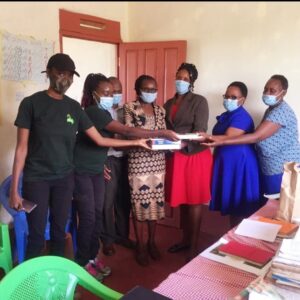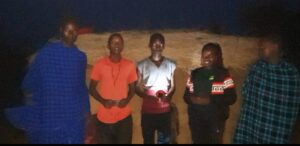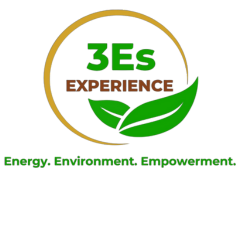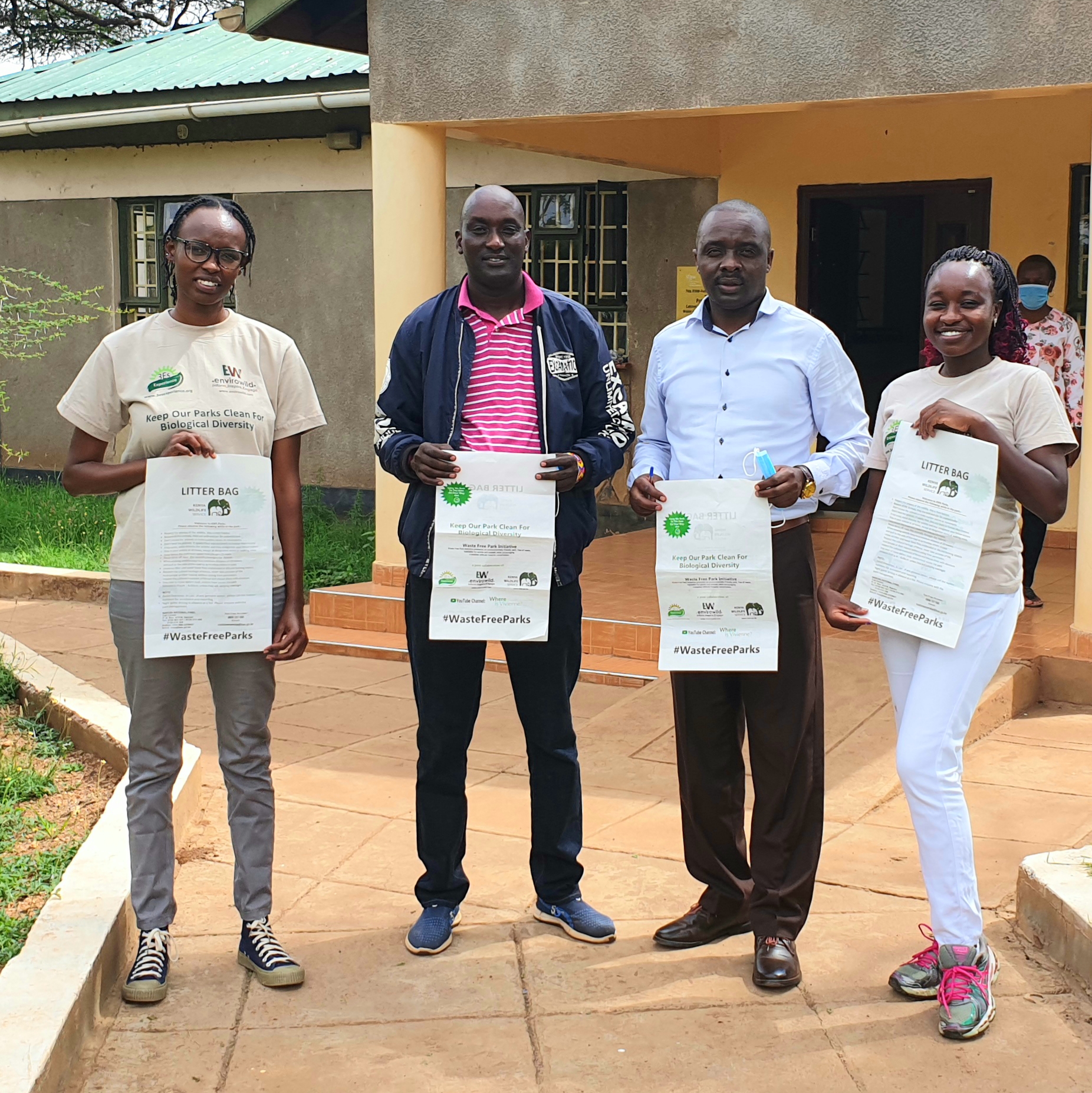Once Kenya gained independence in 1963, the political leaders then started prioritizing education and encouraging the general population to start seeking education for themselves and their children so that they can be able to better control and operate the country. With all Sub-Saharan African countries striving to build their human capital so that they can compete for jobs and investments in an increasingly globalized world, education is said to play a key role towards that achievement.
With great improvements over the years there has been an increase in school enrollment all over the African continent but according to a report by UNESCO (United Nations Educational, Scientific and Cultural Organization (UNESCO), UN body that is tasked with coordinating international cooperation in education, science, culture and communication) we still have the highest rates of education exclusion. Over one-fifth of children between the ages of about 6 and 11 are out of school, followed by one-third of youth between the ages of about 12 and 14. According to UIS data, almost 60% of youth between the ages of about 15 and 17 are not in school. According to the same report 9 million girls between the ages of about 6 and 11 will never go to school at all, compared to 6 million boys, this makes girl child empowerment an initiative for all organisations championing children's rights.
With acute shortage of teachers across the continent it will be a great challenge to attain SDG 4 by 2030 since focusing on quality education is not only about building schools and ensuring the children go to school but it's also about ensuring that they have learned teachers who are equipped with the necessary skills and materials to ensure that there is a conducive environment for learning exchange.
According to a report on September 2017 by UNESCO statistics show that the literacy rate for sub-Saharan Africa was 65 % as at 2017. In other words, one third of the people aged 15 and above were unable to read and write. Half of primary schools have no access to WASH facilities or even clean drinking water while the vast majority of schools have no access to electricity and other necessary educational facilities such as libraries and laboratories.
We cannot only rely on policy makers to make a change in the education system as they are sometimes overwhelmed by natural disasters, calamities or challenges such as drought, flood, unemployment, the current Covid - 19 pandemic among others. Charitable organisations and NGOs should also focus on assisting policy makers bridge the gaps in the delivery of quality education to all regardless of gender and status.
As part of helping bridge the education gap being experienced in our country 3Es Experience has developed the African Child Book Campaign which aims at equipping the needy and marginalised communities with learning materials, reading books and solar light to aid children learn and develop their reading, writing and comprehension skills.

Issuing out of story books & dictionaries to a rural school in Loitoktok town

Issuing out reading solar lanterns to students in a village
To support this initiative, feel free to check a list of required learning materials and books that you can donate to help the course.
Feel free to check out our articles on the different initiatives on our website and follow us on our social media pages @3Es Experience Organisation or get in touch on how you can get involved in future activities and initiatives.
As cases of Covid - 19 continue to rise in our country, let’s all remember to stay safe, maintain physical distancing, avoid crowded places as much as possible, wash your hands for 20 seconds or sanitize often especially before and after coming into contact with surfaces and others, always wear your mask in public and follow guidelines provided by the Ministry of Health and WHO.
Catch you on the next article. Chao!
By
Admin,
3Es Experience.

